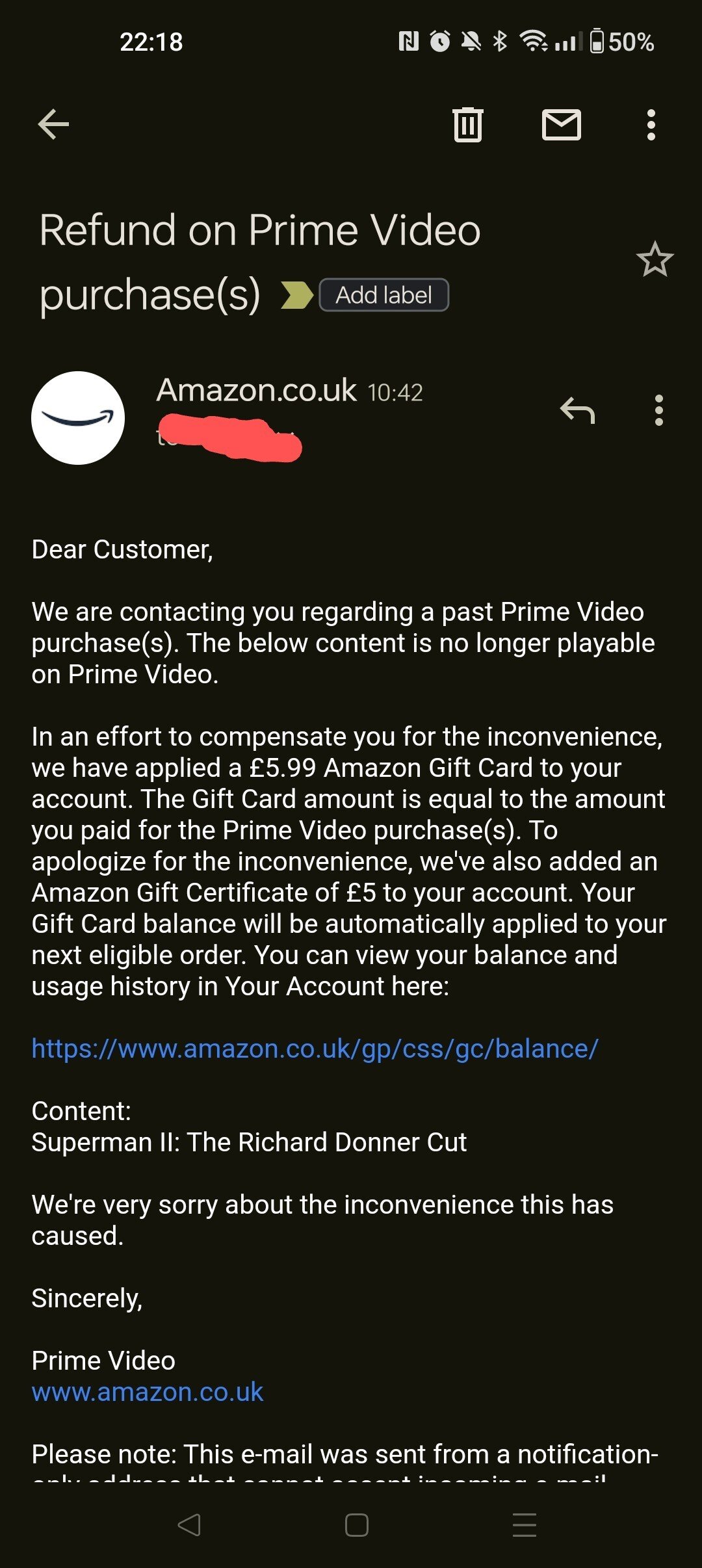this post was submitted on 03 Oct 2023
1831 points (97.7% liked)
Technology
59424 readers
2928 users here now
This is a most excellent place for technology news and articles.
Our Rules
- Follow the lemmy.world rules.
- Only tech related content.
- Be excellent to each another!
- Mod approved content bots can post up to 10 articles per day.
- Threads asking for personal tech support may be deleted.
- Politics threads may be removed.
- No memes allowed as posts, OK to post as comments.
- Only approved bots from the list below, to ask if your bot can be added please contact us.
- Check for duplicates before posting, duplicates may be removed
Approved Bots
founded 1 year ago
MODERATORS
you are viewing a single comment's thread
view the rest of the comments
view the rest of the comments

Remember, streaming only has a business model as long as it has a better user experience than piracy. That's why iTunes took off in the era of Napster. When a streaming service's user experience drops below that of digging up pirate treasure off a shitty ad-ridden torrent site, that service is not long for the world.
Paying 0.99 per song was how a better user experience? Music piracy was pretty big till Spotify. No service was even close before.
Because you were guaranteed that what you were downloading was what it said it was, and was high quality, and would have the correct tagging and album art and all of that.
It's been shown repeatedly that a large part of piracy isn't about cost, it's about convenience. It was easier to pay $0.99 and get what you wanted when you wanted it, than download 8 files off of Napster and hope that one of them was actually a decent bitrate and was the song the title said it was.
Back when eMule was a thing, it was super common to spend an entire day downloading a 700MB video file at 5kb/s, only for it to be Fight Club instead of whatever you thought you were downloading. It's the same thing with music.
Music piracy was big till spotify apprared. iTunes had a limited selection, music remixes, small band stuff were not available. iTunes only had what Sony and some other music distributors supplied. I understand what you are saying but still, piracy was there and iTunes was not primary source. Spotify came and now music piracy is basically limited to high quality audio albums which is a niche market.